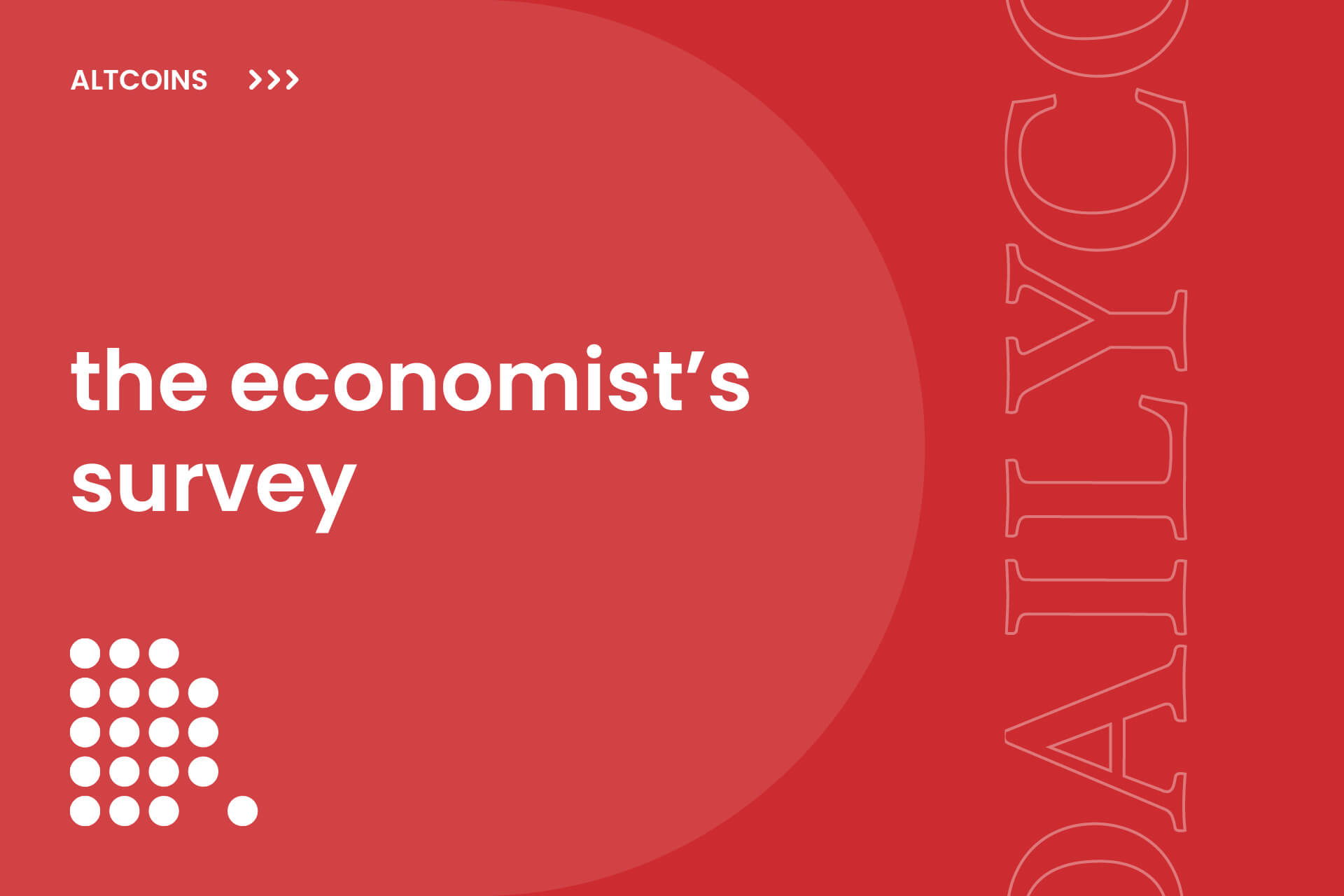
The recent study by The Economist shows, that the trend of going cashless is well established. Meanwhile, twice as many people will more likely choose government-backed digital currencies instead of decentralized cryptocurrencies.
The survey, called “Digimentality: the fear and favor of digital currency” was done this January and February. The Intelligence Unit of The Economist in collaboration with Crypto.com platform interviewed over 3000 respondents from developed and emerging economies on their habits on digital payments and usage of crypto.
More trust in government-backed cryptocurrencies
The survey results show, that respondents tend to trust more in digital currencies, backed by any type of organization. Even 38% of them admitted their distrust in decentralized cryptocurrencies.
In the meantime, 54% of them cited trust in the digital currency issued by a country’s government or the central bank.
Sweden’s Central Bank is one of the few already leading the country’s evaluation of issuing a digital currency. Eva Julin the representative of Sweden’s Central Bank claims that CBDCs can decrease financial vulnerabilities in society and act as supplements to physical cash. According to her:
It is important that the government remains in the market to ensure equal access to a trusted payment option.
Antony Lewis, an author of “The Basics of Bitcoins and Blockchains: An Introduction to Cryptocurrencies and the Technology that Powers Them” admits that central bank digital coins (CBDC) might be the least risky form of electronic payments.
In the survey, even the cash does not score 100% on trustworthiness. Meanwhile, 40% of respondents believe in cryptocurrencies issued by international financial firms. 36% trust in cryptocurrencies backed by large technology firms. Respectively, 26% expressed confidence in decentralized cryptocurrencies.
Awareness is growing
Despite the fact, that decentralized cryptos have a lower trust percentage than CBDCs, they are still the most commonly recognized form of digital currency.
Sponsored
85% of respondents have already owned, used or heard of decentralized digital currency such as cryptocurrency. The average awareness of cryptocurrencies among the respondents in the develop economies reached 79%. Meanwhile, in developing markets such as Brazil, Turkey, South Africa or the Philippines, it is even bigger – 92%.
Developing markets demonstrate greater engagement in cryptocurrencies: 41% of respondents claim they own cryptocurrencies, while 23% already use them for digital payments. Simultaneously in developed economies, figures are smaller: 19% own virtual coins, and only 9% make payments by using them.
As for the usage of cryptocurrencies, 34% consider online payments as their primary function. About a quarter (24%) of respondents sees short-term investments as central use. Whereas 12% considers remittance payments are the key driver for the use of cryptocurrency.
Future of digital payments
While online banking and mobile payments are the dominant forms of digital payments, digital currencies are fourth in the row by popularity.
The survey revealed, that digital payments have the greatest potential to grow. Almost one in five (20%) respondents plans to do digital payments over the next 12 months, indicating further growth.
Furthermore, 64% of respondents already used digital payments for over half of their purchases instead of physical banknotes, coins or credit cards in the past year.
In summary, the survey shows that the concept of a cashless society is establishing. Various technologies are already replacing the usage of physical banknotes and coins. Central banks, tech and financial firms enter the digital currency field. And while users seem to have growing favor for cashless options, COVID-19 concerns might accelerate the broader adoption of digital currencies.
